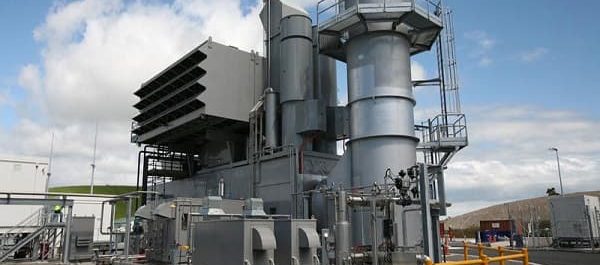Lahore: A news source reported that in an attempt to ‘fast track’ the installation of new Liquefied Natural Gas (LNG) terminals in the city, the federal government had adjusted tax rates to allow for the replacement of their Floating Storage & Regasification Units (FSRU). This step is another effort to boost energy security, and is likely to facilitate new investors in rapid installation of new LNG terminals by alleviating one the major concerns, hindering early sourcing of the FSRU.
Read: Govt negotiates to buy cheaper LNG from Qatar
The investors are now enabled to utilise the most readily available FSRUs to hasten the setting up of terminals, and are no-longer obliged to wait for build-to-order FSRU. The Custom Duty for the import of the fastest available vessel can be adjusted on the subsequent import of the specified FSRU.
In case of machinery breakdown, accidents, or any other unfortunate incidents; the management of LNG terminals will be granted 180-day window to replace the damaged FSRU and perform needed repairs.
The latest policy of Federal Board of Revenue (FBR) dictates that no sales tax or custom duty will be applicable on these temporarily imported FSRUs of the LNG terminal, for a period of 180 days to be used in replacement of the primary units.
Read: Bahria Foundation may establish LNG terminal
This urgent setting up of the LNG terminal is deemed the only cure of the demand-supply imbalance plaguing consumers for the last year. The government reduced the Regasified Liquified Natural Gas (RLNG) quota of the industrial usage to generate more electricity to meet the high demand, under a mutual agreement set in motion this summer.
To counter this gas supply shortfall, the Economic Coordination Committee of the Cabinet (ECC) was led to approve the development of the third terminal at the Port Qasim Authority (PQA).
After back-to-back installation of the two terminals with an LNG import capacity of 1.2 billion cubic feet per day, the delay in the installation of a third terminal will cause a considerable shortfall of natural gas this winter season. This shortfall is also attributed to the rapid depletion of the natural gas reserves.
Read: Top foreign companies participate in LNG plant bid
However, the share of imported LNG has increased from 0.7 per cent in FY2015 to 8.7 per cent in the FY2018. Subsequently, the RLNG share has also shown marked growth in serving the needs of consumers like power, industrial and fertiliser plants and even the sector of transportation. The gradually increasing import of LNG to bridge the demand-supply shortfall has caused the improvement in the consumption of the natural gas in the duration between July 2018 to February 2019; to 3.86 billion cubic feet per day, including 0.78 billion cubic feet per day.








